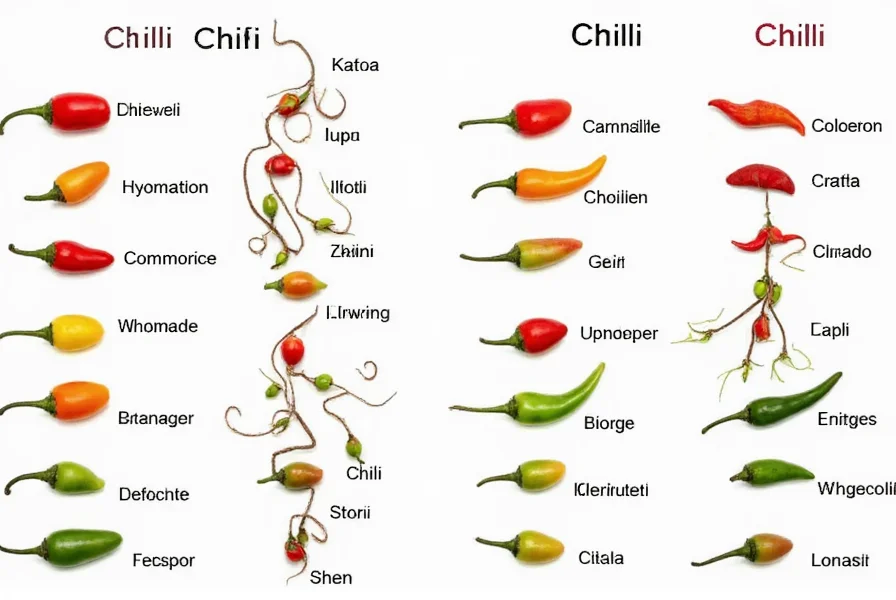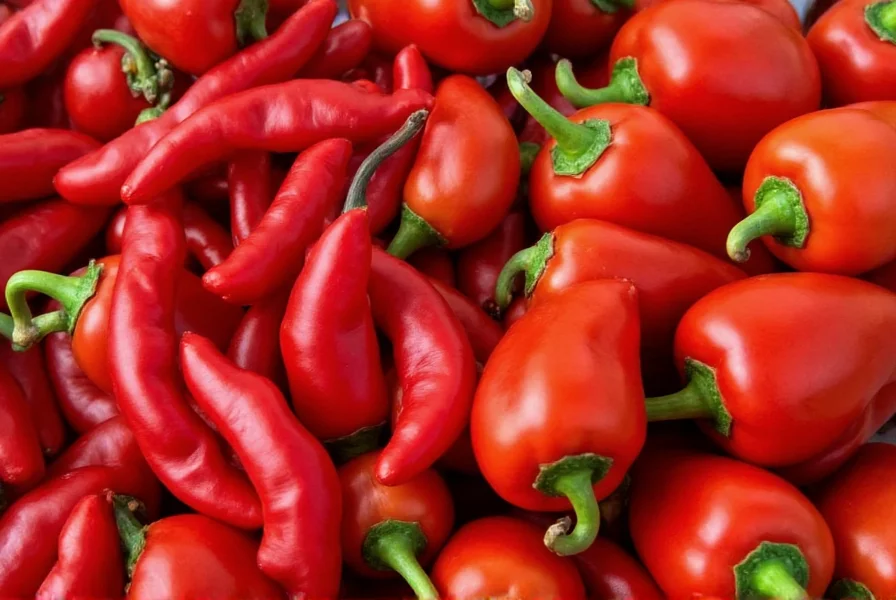Confused about whether to spell it chilli or chili? You're not alone. This common spelling dilemma trips up writers, chefs, and food enthusiasts worldwide. Understanding the distinction isn't just about grammar—it affects how your writing resonates with different audiences and maintains credibility in culinary contexts.
The Regional Spelling Divide Explained
At its core, the chilli vs chili spelling difference represents a classic case of English language divergence across regions. The double-L chilli spelling dominates in the United Kingdom, Australia, New Zealand, India, and other Commonwealth nations. Meanwhile, the single-L chili prevails in the United States and some Latin American contexts.
This isn't merely academic—getting it right matters when writing recipes, restaurant menus, or food packaging for specific markets. Using chilli in an American publication might seem quaintly British, while chili in a British context could appear distinctly American.
| Spelling | Primary Regions | Common Usage Contexts |
|---|---|---|
| Chilli (double L) | UK, Australia, NZ, India, South Africa | Recipe books, supermarket labels, culinary media |
| Chili (single L) | United States, Mexico | Restaurant menus, packaged foods, cookbooks |
| Chile (no I) | Latin America, linguistic contexts | Scholarly works, Spanish-language references |
Linguistic Origins: From Nahuatl to Modern English
The word originates from the Nahuatl (Aztec) language chīlli, referring to various hot peppers. Spanish colonizers adopted it as chile, which then entered English through multiple pathways.
British English tended to add an extra L when adopting Spanish words (similar to paella becoming paella rather than paela), leading to chilli. American English, influenced by Mexican Spanish pronunciation, simplified it to chili.
Interestingly, the country name Chile (referring to the South American nation) follows Spanish spelling conventions without the final I, creating another layer of confusion for language learners.
Practical Usage Guidelines
When deciding between chilli or chili spelling, consider these practical factors:
- Audience location - Match your spelling to your readers' regional expectations
- Publication standards - Follow style guides (AP Stylebook prefers chili, Oxford style often uses chilli)
- Context specificity - Certain terms have established conventions regardless of region
Special cases require particular attention. The dish chili con carne (meaning "chili with meat") almost always uses the single-L chili spelling globally, despite regional preferences for the pepper itself. Similarly, chili powder follows the same convention in most culinary contexts.
Common Misconceptions Clarified
Several myths persist about chilli vs chili regional usage that deserve clarification:
Myth: One spelling indicates a different type of pepper
Fact: Both spellings refer to the exact same Capsicum genus peppers. The spelling difference doesn't correlate with heat level, variety, or botanical classification.
Myth: The double-L version is "more correct"
Fact: Neither spelling is objectively more correct—they're simply regional conventions. Insisting one is "proper" ignores the natural evolution of language across communities.
Myth: The spelling affects pronunciation
Fact: Both are pronounced identically (/ˈtʃɪli/), with the emphasis on the first syllable. The spelling variation exists purely in written form.

Culinary Professional Perspectives
Professional chefs and food writers navigate this spelling divide carefully. Many adopt a "know your audience" approach:
"When writing for an international audience, I'll often use 'chili' as the base spelling but note the regional variation early in the piece. For UK publications, I switch to 'chilli' consistently. The key is maintaining consistency within a single document." — Sarah Chen, award-winning food editor
Cookbook publishers typically adhere strictly to regional spelling conventions. American editions of Jamie Oliver's cookbooks convert his British chilli to American chili, while UK editions of American cookbooks make the reverse change.
Evolving Language in Digital Communication
As digital communication breaks down geographical barriers, spelling conventions are becoming more fluid. Food bloggers with global audiences often choose one spelling and stick with it for consistency, sometimes adding a brief explanation.
Search data reveals interesting patterns in chili pepper spelling variation queries. Americans searching for "chilli recipe" often get results using "chili" spelling, while British searches for "chili" frequently return "chilli" results. This demonstrates how search engines have adapted to handle regional spelling variations.
For professional writing, however, maintaining regionally appropriate spelling remains important for credibility. A British food magazine using American chili spelling might appear less authoritative to its domestic audience, just as an American cookbook using chilli could seem affected or inconsistent.
Practical Recommendation
When in doubt about when to use chilli instead of chili, follow this simple rule: Match your spelling to your primary audience's regional conventions. For international audiences, choose one spelling and maintain consistency throughout your document, perhaps with a brief note acknowledging the variation.
Frequently Asked Questions
Is 'chilli' the British spelling and 'chili' the American spelling?
Yes, 'chilli' with double L is predominantly used in British English and Commonwealth countries, while 'chili' with single L is standard in American English. Both refer to the same peppers and dishes with no difference in meaning.
Does the spelling difference indicate a different type of pepper?
No, the spelling variation doesn't correspond to any botanical difference. Both 'chilli' and 'chili' refer to the same Capsicum genus peppers. The difference is purely orthographic, not botanical or culinary.
How should I spell 'chili con carne'?
The dish 'chili con carne' almost always uses the single-L 'chili' spelling globally, regardless of regional spelling preferences for the pepper itself. This is a fixed culinary term that maintains the single-L spelling even in British English contexts.
Is one spelling more correct than the other?
Neither spelling is objectively more correct. Both are valid within their respective linguistic communities. The 'correct' spelling depends on your audience and regional conventions, not absolute linguistic rules.
Why does the country Chile have a different spelling?
The country name 'Chile' follows Spanish spelling conventions without the final 'i'. This distinguishes the nation from the pepper, though both words share the same Nahuatl origin. The different spelling prevents confusion between the country and the food item.











 浙公网安备
33010002000092号
浙公网安备
33010002000092号 浙B2-20120091-4
浙B2-20120091-4